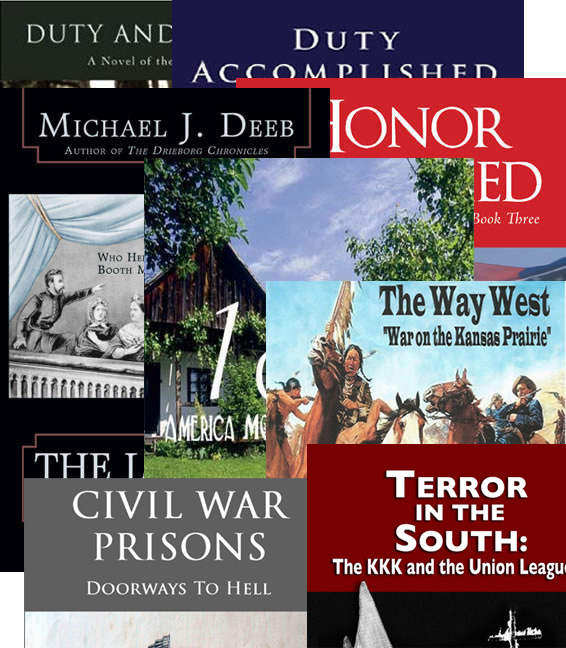Civil War Instant Foods
Instant Foods During the War
In response to wartime problems of transportation and food preservation, enterprising inventors responded to meet this twin wartime emergency.
The first of these problems involved coffee. Union soldiers loved their cup of coffee. But transporting the bulky coffee beans and sugar was a problem. It took too much space in the transportation system used at the time. So, early in the war Secretary of War Cameron sent out a call for a solution. Three proposals to solve the problem are described below.
The most expensive proposal was a process invented by a Professor W. L. Tilden called, Extract of Coffee. His process cost $3.11 per gallon. Another proposal was offered by the American Desicating Company at #3.00 per gallon. The Bordon Company offered a third solution at $2.66 per gallon. All three included sugar. Bordon included it’s milk concentrate as well.
The advantage of all three products was that it used only 45% of the shipping space taken by green coffee beans/sugar The concentrate also weighed only half as much as the raw beans. Thus, the individual soldier found these products much easier to carry.
All three products were tested in the field with soldiers. Tilden’s extract was greeted with enthusiasm in the volunteer regiment where it was tested. It was said that his product,
“…ensured the soldier, on the march or in camp, a supply of coffee as good as could be procured at a first rate hotel.”
Despite its higher cost, Tilden’s proposal was adopted for widespread use by the Union’s military. I was not able to find any mention of what might have gone on behind the scene in the selection process. It is known, however that Secretary of War Cameron was removed from office by President Lincoln after charges of graft surfaced early in the war.
The second problem was that of the need for fresh vegetables. Given the seasonal nature of most vegetables and the additional difficulty of trainspotting them, Union soldiers lacked vegetables in their diets.
Military around the world had always had a problem providing fresh vegetables for their troops. Vegetables spoiled quickly and were heavy and hard to transport when available. So, as early as the Crimean War , a product called desiccated vegetables was developed and issued to the troops involved in that conflict.
The Union adopted its use in Utah before the Civil War began. The product was a mixture of potatoes, cabbage, turnips, carrots, parsnips, beets, tomatoes, onions, peas, beans, lentils and celery. These raw vegetables were cleaned, shredded and mixed. The mixture was put under pressure in a massive press to compress the mix thus moving the juices. The compressed blocks were then dried in large ovens. The resulting blocks were ‘hard as a rock’ but were expected to soften when boiled. It was claimed that a cubic yard of desiccated vegetables would contain 16,000 servings.
But the troops were not impressed with the products, however. One soldier wrote home that:
“We have boiled, fried, stewed, pickled, sweetened, salted and tried this stuff in puddings, cakes and pies. But it sets all modes of cooking in defiance so the boys break it up and smoke it in their pipes.”
Others were said to have called the concoction, ‘desecrated vegetables’.


 A Great Read! I couldn’t put this book down once I got started. The detail was great and I really like the main character, Michael. Knowing that so much research went into this book made it exciting to read!
A Great Read! I couldn’t put this book down once I got started. The detail was great and I really like the main character, Michael. Knowing that so much research went into this book made it exciting to read!